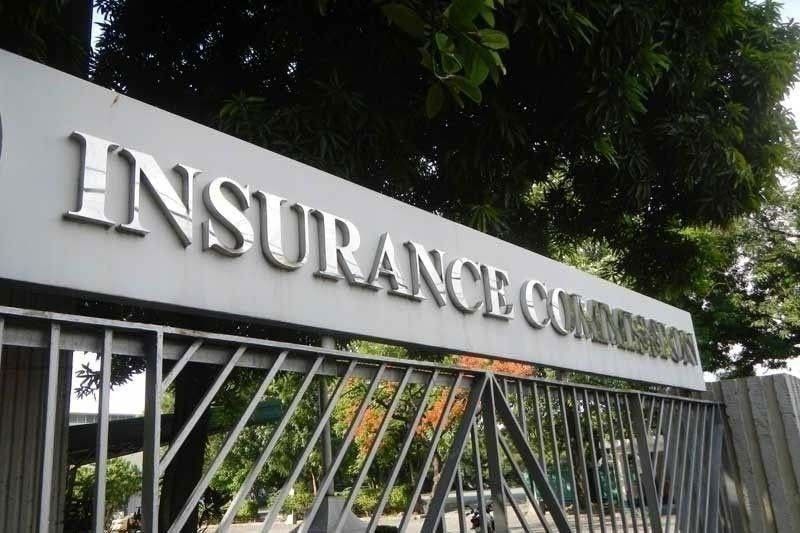HMOs get relief on liquidity requirements

MANILA, Philippines — The Insurance Commission has provided health maintenance organizations (HMOs) some regulatory relief on liquidity requirements as the industry continues to take a hit from rising health costs.
In a circular letter to HMOs authorized to do business in the Philippines, IC commissioner Reynaldo Regalado lowered the acid test ratio (ATR) to 0.75 from one.
Currently, HMOs are required to comply with the liquidity requirement by ATR to at least one at all times. The ATR is computed based on an HMO’s current assets and liabilities.
The IC noted that the HMO industry suffered an unprecedented net loss of P1.44 billion in 2022 with both costs per claim and number of availments this year still surging.
“The financial condition of several HMOs was heavily impacted by the 2022 loss and the continuing increase in health care costs in 2023, making it difficult for them to maintain the level of liquidity required,” Regalado said.
“The IC recognizes the need to provide ample time for the HMOs to recover,” he said.
As of the first half of 2023, the industry incurred a net loss of P1.18 billion due to higher benefits and claims by 33 percent to P26.22 billion.
Total assets handled by HMOs slightly went down by three percent to P61.76 billion while total invested assets dropped by 26 percent to P18.68 billion. Liabilities, on the other hand, inched up by four percent to P51.45 billion.
Based on the circular, for ATR above 1.75 but less than one, HMOs will be required to submit the schedule of claims payable, as well as claims settlement plan.
HMOs will have to update the IC on a monthly basis on claims that are already settled including proof of payment of all valid claims.
“If upon examination of the submitted documents, it is found out that there were delays in the settlement or non-payment of claims, the regulatory action for HMOs with ATR of less than 0.75 shall be implemented,” Regalado said.
For ATR less than 0.75, HMOs may collect their long-term receivables and/or liquefy non-current assets within 10 days from receipt of the advice from the IC.
They can also infuse cash to be contributed proportionately by the stockholders on record within 30 days from receipt of the advice from the IC.
Otherwise, the HMO must show cause in writing why no regulatory action shall be taken by the Commission against them and their officers for non-compliance thereof.
It should be noted that only the liquidity requirement via the ATR is being given regulatory relief.
The IC maintained that HMOs shall at all times meet all other regulatory measures including paid-up capital, deposit requirement, risk-based capitalization, and net worth requirement.
Under the law, the IC is authorized to issue rules and guidelines in terms of the establishment of HMO minimum capitalization, net worth, reserve funds and security deposit requirements.
This comes after the regulation and supervision of the HMO industry was transferred to the IC from the Department of Health in 2015.
- Latest
- Trending































